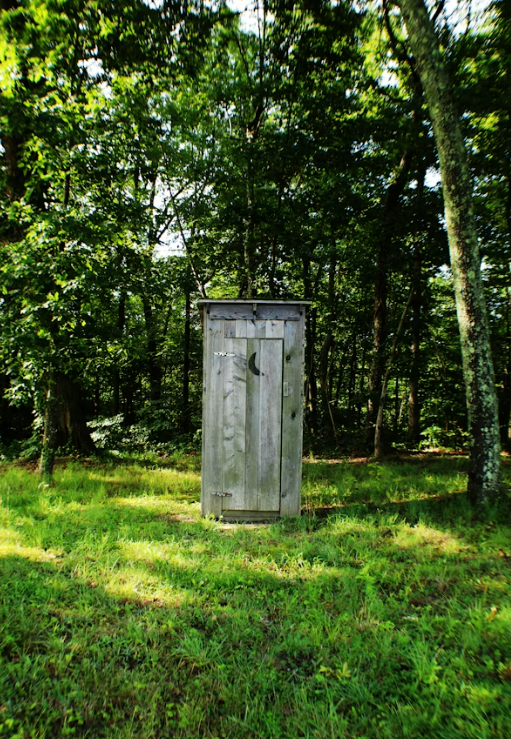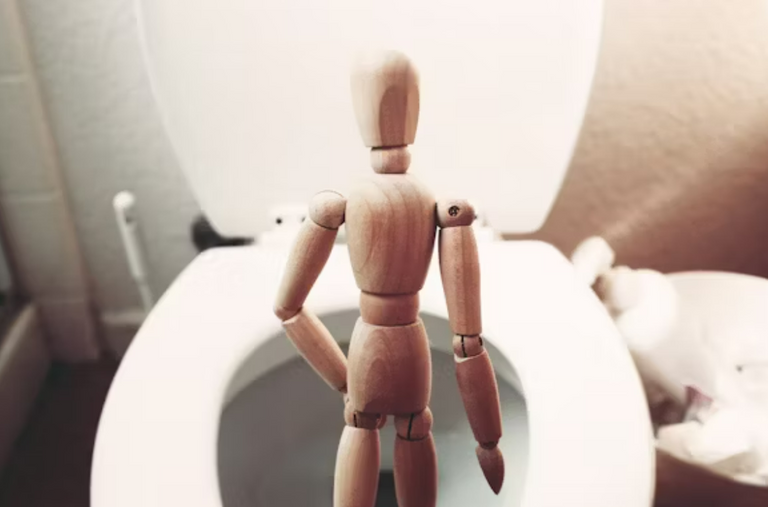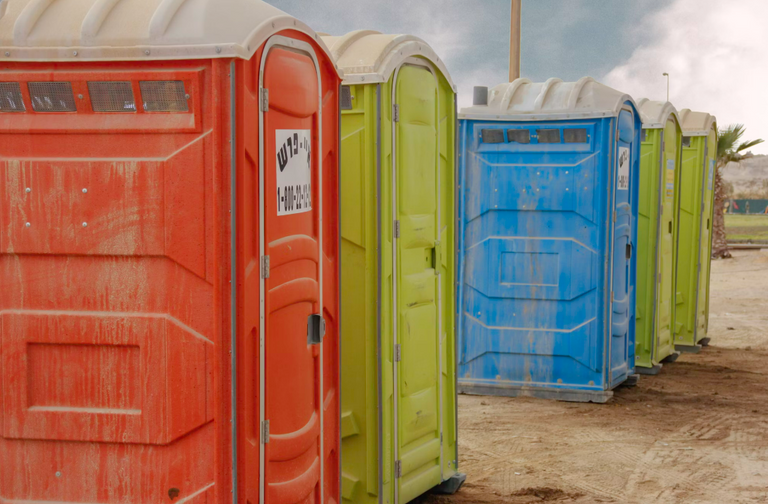We’ve all been there—caught up in a meeting, stuck in traffic, or engrossed in a movie, ignoring the urge to pee. While occasionally holding it isn’t a big deal, consistently delaying bathroom trips can have serious consequences for your health. Let’s dive into why you should listen to your bladder when it calls.
What Happens When You Hold It In?
Your bladder is like a balloon that expands as it fills with urine. Typically, it can hold 1.5 to 2 cups (350–500 ml) of urine comfortably. When you hold your pee, you put strain on your bladder and urinary system, which can lead to a variety of health issues.
Risks of Holding Your Pee Too Long
Bladder Overstretching
- Holding urine for extended periods can weaken your bladder muscles over time, reducing their ability to contract and empty fully.
Urinary Tract Infections (UTIs)
- Stagnant urine in the bladder creates a breeding ground for bacteria, increasing your risk of infections.
Kidney Problems
- A full bladder puts pressure on your kidneys, which can lead to conditions like hydronephrosis (swelling of the kidney due to urine buildup).
Pain and Discomfort
- Holding urine can cause cramps, bloating, and general discomfort in your lower abdomen and pelvic area.
Bladder Rupture (Rare but Serious)
- In extreme cases, an overfull bladder can rupture, leading to a medical emergency.
Why Do People Hold Their Pee?
- Busy Lifestyles: Meetings, errands, or social situations.
- Inconvenience: Lack of clean or accessible restrooms.
- Embarrassment: Hesitation to use public restrooms.
- Ignoring the Urge: Conditioning yourself to delay bathroom trips over time.
How to Prevent the Habit of Holding Your Pee
- Listen to Your Body: Go as soon as you feel the urge.
- Plan Bathroom Breaks: If you’re traveling or attending long events, identify restroom locations ahead of time.
- Stay Hydrated Wisely: Drink plenty of fluids but space them out to avoid overwhelming your bladder.
- Avoid Diuretics: Limit caffeine and alcohol, which increase urine production.
- Strengthen Pelvic Muscles: Kegel exercises can improve bladder control and overall urinary health.
When to See a Doctor
If you experience any of the following, consult a healthcare professional:
- Frequent urinary tract infections.
- Difficulty emptying your bladder completely.
- Painful urination or persistent discomfort in your abdomen.
Final Thought
Your bladder works hard to keep your body healthy by eliminating waste. Treat it with care! By avoiding the habit of holding your pee for too long, you can protect your urinary system and prevent discomfort or serious complications.



